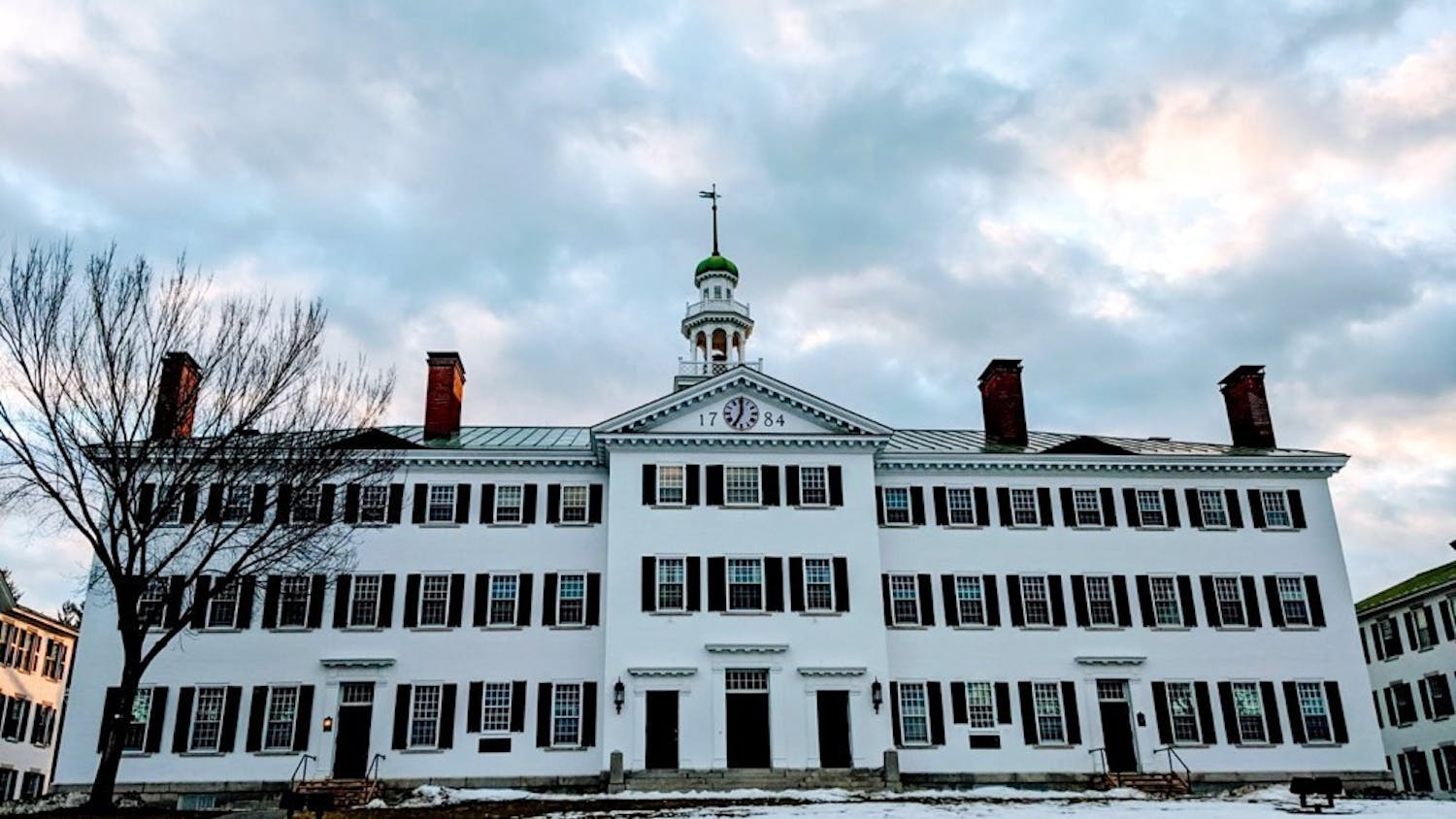The President and Chief Executive Officer of the Federal Reserve Bank of New York, Timothy Geithner '83, spoke to Professor James Feyrer's macroeconomics classes last Friday and described the inner workings of the Federal Open Market Committee, its history, and how the Fed creates America's economic policy.
Geithner traveled to Dartmouth to accept a Nelson Rockefeller public service award from the Rockefeller Center. During his visit, he also spoke with professor Daniel Blanchflower, a recent appointee to the Bank of England.The FOMC is comprised of a Board of Governors, a seven-person panel whose members are appointed by the president of the United States and serve 14-year terms, and the presidents of the twelve Federal Reserve banks around the country. However, only 12 of the 19 FOMC members are permitted to vote on decisions. As the president of New York's Reserve Bank, Geithner receives a permanent vote, while the other 11 presidents are granted votes, five at a time, on a rotating basis.
Many stereotypes associated with political parties fail to hold up in the world of economic policy, Geithner said.
"There are a bunch of Republicans who are kind of loony doves [about inflation] and a bunch of Democrats who are as hawkish as anyone," he said.
Geithner compared the Fed to the Supreme Court because both function as independent entities.
"The good thing about the Fed is its almost complete separation of politics and policy," Geithner said. The FOMC did not become independent, Geithner said, until Paul Volker's tenure as Chairman of the Fed from 1979 to 1987.
Each FOMC meeting begins with brief presentations from the governors and Reserve Bank presidents to discuss the state of the economy for their regions, Geithner said. As the meeting progresses, the panel reviews two instruments it uses to mold economic policy: The Green Book, which contains economic forecasts and data, and The Blue Book, which lists the Fed's monetary policy options.
Three weeks after an FOMC meeting occurs, the minutes are released to the public, offering some indication about where the Fed stands on certain policies, Geithner said.
Many economic analysts have speculated that the most recent minutes suggest an end to the Fed's campaign to raise interest rates. This news was a boon for the stock market, which experienced its biggest increase of the year when the minutes were released.
Despite his current career, Geithner was not an economics major at Dartmouth. He received a bachelor's degree in government and Asian studies and earned his masters in International Economics and East Asian Studies from the Johns Hopkins School for Advanced International Studies in 1985. In November 2003, Geithner became the ninth president of the Federal Reserve Bank of New York.



